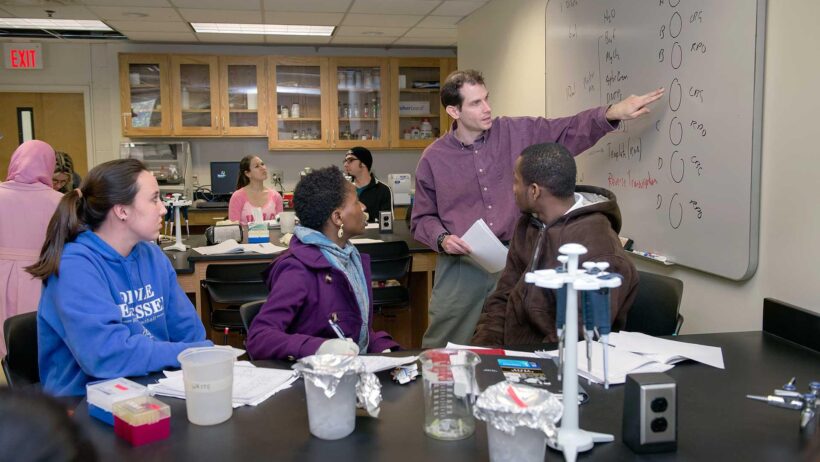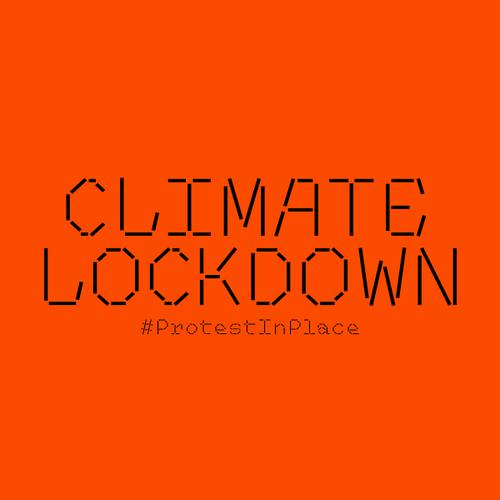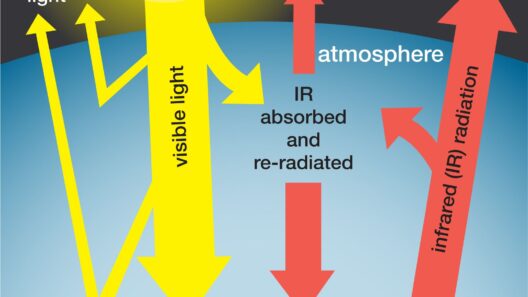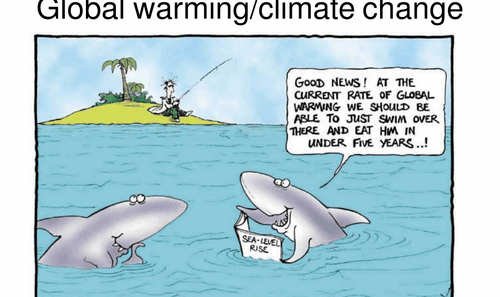Global warming, an insidious phenomenon, has pervaded discussions around climate change, impacting ecosystems, weather patterns, and countless species on our planet. The ramifications of rising temperatures and erratic climate behavior reach into every corner of our world. One might ponder how an ostensibly unrelated field such as forensic science could intertwine with this pressing environmental predicament. Yet, when we scrutinize the intricacies of both domains, we find a myriad of connections that could redefine our understanding of climate impact through the lens of forensic investigation.
Forensic science, traditionally viewed as the realm of criminal justice, relies heavily on gathering, preserving, and analyzing evidence from various crime scenes. However, this discipline has evolved, and scientists are now utilizing forensic techniques to elucidate ecological crimes and disasters resulting from climatic upheaval. The intersection of global warming and forensic science presents a unique and nuanced perspective that merits exploration.
One of the principal ways that forensic science engages with the repercussions of climate change is through the investigation of environmental degradation. Rising temperatures have been linked to phenomena such as deforestation, ocean acidification, and diminishing biodiversity. Forensic ecologists, leveraging their expertise, can examine ecosystems that have suffered from human incursion and elevated carbon footprints. They meticulously analyze soil samples, water quality, and flora and fauna to ascertain how climate change has altered these natural habitats.
Consider the phenomenon of wildlife crime. As habitats transform due to global warming, the vulnerabilities they present often lead to a surge in poaching and illegal trade. Forensic methodologies, including DNA analysis and ecological modeling, assist in tracking and prosecuting those who exploit changing environments for gain. By utilizing forensic science in this context, investigators can establish connections between climate-induced habitat loss and the ensuing rise in wildlife trafficking, fostering a greater understanding of how global warming influences these criminal behaviors.
Catalyzing further inquiry, the unraveling of climate-related tragedies often necessitates forensic science to determine the cause and effect of natural disasters. Extreme weather events, such as floods, wildfires, and hurricanes, have been exacerbated by climate change, prompting increased scrutiny from forensic scientists. For example, forensic meteorology can analyze storm data to ascertain the unique conditions that contributed to a disaster’s magnitude. By understanding the relationship between human-induced climate change and the occurrence of severe weather, we can create more robust disaster preparedness plans and mitigate future repercussions.
Moreover, the impact of global warming extends into public health domains, a field of growing forensic interest. As temperatures rise, conditions favorable for the proliferation of vector-borne diseases, such as malaria and dengue fever, have also expanded. Forensic epidemiologists have begun examining how climate change influences patterns of disease transmission. Through statistical epidemiological studies and analysis of environmental samples, the scientific community can identify correlations between climate shifts and outbreaks of certain diseases. This intersection not only enhances our understanding of health risks associated with global warming but also serves as a clarion call for action.
Another compelling facet is the role of forensic science in unraveling the mystery behind climate change deniers. Forensic accountants and data analysts can investigate the funding streams of organizations that propagate misinformation on global warming. By auditing financial records, forensic scientists can elucidate the connections between fossil fuel interests and the perpetuation of climate change skepticism. This vigilance helps to underscore the importance of transparency and accountability in environmental discourse.
The forensic approach also plays a pivotal role in the legal realm concerning climate change. With a plethora of legal cases arising from changing environmental conditions—be it from coastal erosion due to rising sea levels or health claims related to poor air quality—experts can provide critical evidence. These specialists bring empirical data to the courtroom, correlating specific environmental changes to human activities, ultimately affecting policy and legal frameworks.
Forensic scientists utilize various innovative technologies to further enhance their assessments of climate-related issues. Remote sensing techniques allow for extensive data collection, logging changes in land use, glacial melting, and catastrophic events over time. These advancements contribute not only to forensic investigations but also enrich our understanding of long-term climatic trends. The integration of artificial intelligence and big data analytics propels these inquiries into the future, enabling predictions that could ultimately inform mitigation strategies against climate change.
The reciprocal relationship between global warming and forensic science compels stakeholders from various sectors to reevaluate their influence on climate change. Researchers, policymakers, corporations, and individuals alike must reckon with the implications of their actions on local and planetary scales. In forging connections between ecological integrity and criminal justice, forensic science challenges us to rethink our role in the natural world.
The climate crisis is an intricate tapestry woven with threads of scientific inquiry, legal ramifications, and personal responsibility. By examining the ways in which forensic science can elucidate the intricate dance between human activity and environmental change, we uncover not only valuable insights but also the potential for systemic change. The imperative lies in harnessing this knowledge, advocating for ecological preservation, and championing a sustainable future. In doing so, we not only honor the field of forensic science but also commit ourselves to climate justice.
In conclusion, the intersection of global warming and forensic science presents an opportunity to shift perspectives, heightening awareness and sparking curiosity. As we uncover the intricate links between crime, evidence, and climate, we are charged with the responsibility to act with urgency and conviction. Only by joining forces can we hope to combat the myriad challenges posed by the climate crisis.







